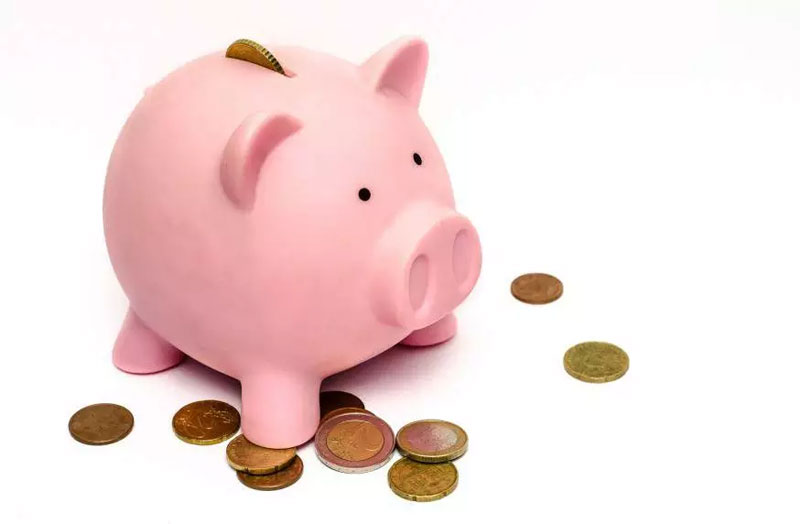Asteria Lending Inc. Unit 306 3/F 6762 National Life Insurance Bldg. San Lorenzo, Ayala Ave. Makati City
We’re Open: Mondays – Fridays
Office Hours:
9:00 am – 7:00 pm
Email:
[email protected]

With our busy work, family and social lives, it’s easy to fall into bad habits when it comes to spending money. Many of us don’t even realise how much we’re wasting each month because we aren’t really paying attention to the things that matter. This is our guide on some of the most negative spending habits out there and why avoiding them can help you to feel more financially secure.
Whether it’s a new video game, film or item of clothing, you can guarantee the cost will be at its premium during the early days of its release. If you want to save money, try to ignore the growing “hype culture” that marketeers are embracing now. Despite what the ads may say, the chances are that you don’t really need to buy that product on the day it comes out. If you can allow yourself to wait for a few months, you can usually enjoy the same product or experience for a lot less than it cost when it was considered “the next big thing.”
There’s a lot of snobbery around shopping for second goods but the success of marketplaces such as eBay and Amazon, plus the burgeoning thrift and charity store industries demonstrate that many people are enjoying the discounts and savings this style of shopping brings. If you check the quality and credentials of the seller, buying second hand can be one of the most effective ways to get what you need, without having to spend above your allocated budget.
This is one of the most overlooked yet damaging spending habit of them all. You’re at the checkout, waiting to pay for your groceries and you see those tempting chocolate treats or salty snacks in front of the till. Resist. Your wallet will thank you for it. It takes practice and the kind of iron will that many don’t possess, but if you can control your impulse to splash the cash even just some of the time, you are giving yourself the best possible chance of saving money in the long term. If you think can wait and you really don’t have to part with any money there and then, try to hold your nerve. It will pay off in the long run.
The phase “do you” is popular now and this applies to the world of finance and money saving, too. It’s all too easy to feel that familiar sting of jealousy when you see your neighbour pull up in a brand-new car or a flashy new set of clothes but why let this be the cause of even more financial worry. Focus on what you and your family need and be realistic. If you’re only making a purchase because you feel that the things you have are somehow inadequate, the chances are that you will regret it further down the line.
Life is hectic and budgeting isn’t easy, but not having an idea of how much you must spend each month is one of the primary causes of unmanageable debt across the world. Even if it’s as basic as food, bills, rent and recreation, separating your income so that you need how much you must spend on each part of your life will make a massive difference to the way you manage your money.
Over the past five years, contactless payments have slowly begun to replace cash. Though convenient and usually secure, the speed and simplicity of these transactions means that people can sometimes have a propensity to swipe without thinking. If you can, try to allocate a small amount of cash for daily expenditures and if this is impossible, link up your card with your smart phone so that you can at least keep track of what you have spent.
Whether it’s the gym, your bus to work or your weekly shop, there is usually a way to make your overall spend a lot cheaper. Weekly or monthly passes, special offers and sales should always be something you check out first, before deciding to part with any cash. People lose hundreds of pounds each year by simply paying full price for products or services they could get for a discount if they were to look a little closer.
That free trial you did on Amazon won’t cancel itself and the 5.99 per month you are paying for that unused music streaming service could be put to better use. A huge number of people waste a lot of money on unused or unwanted subscriptions each year and with this model becoming commonplace in the entertainment industry, it makes sense to stay on top of who you’re paying and what you’re using. Most services can be cancelled with a click of a button but even if you need to speak to somebody by phone or email, making the effort will ultimately save you money.
For most people, water is available 24 hours per day, 7 days a week, free of charge. You just need to turn on the tap. Buying bottled water is never necessary and simple tricks such as filling a flask before you leave the house or making use of public drinking fountains means you will never have to waste money on this needless expense ever again.
Even if it’s only a few extra pounds or pence each time, opting for the most extravagant option such as a super-size or deluxe version of a meal or product will guarantee you to lose money quickly. Be honest with yourself, do you really need that extra slice of cheese or the additional extras on your car? For most people, the answer is a resounding no. A treat is fine every now and then but avoid succumbing to clever marketing techniques if you want to avoid floundering financially.